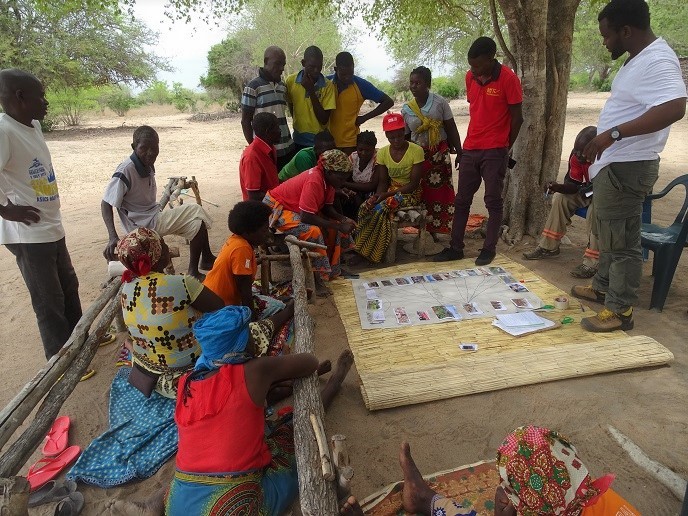Climate conundrum
The Eastern Mediterranean island of Cyprus is a beautiful place to live in but has to rely on its limited resources which are increasingly being threatened by climate change. The EU-funded project 'Assessment of economic impacts of climate change in Cyprus' (Ccecon) examined the economic effects of climate change on the island for the coming decades. Research supported by different government authorities and institutions in the country helped assess the impact of climate change on energy use, agriculture and human health. Project researchers have calculated the rising costs on water scarcity in Cyprus due to climate change for the period of 2010-2013 at anywhere between EUR 6 million to EUR 31 million. Ccecon also showed that climate change will diminish agricultural water availability, cautioning that the annual national crop production over the next decade could decrease by 41- 43 %. Nonetheless, the research showed that there are still several options available to adapt to climate change in the agriculture sector. With respect to energy use, the project found that electricity consumption in Cyprus may be 2.9 % higher by 2030, leading to over EUR 200 million in losses for the period of 2008-2030. It may also lead to 85-95 MW of extra electricity load in 2030, implying more funding needed for additional power reserve capacity. Lastly, Ccecon has prepared a report on the expected health effects of climate change in Cyprus that could assist the country's policymakers in mitigating the phenomenon. If novel measures to protect agriculture are taken, along with plans to pre-empt future electricity needs, then the project could be very useful to create a framework in this respect.







